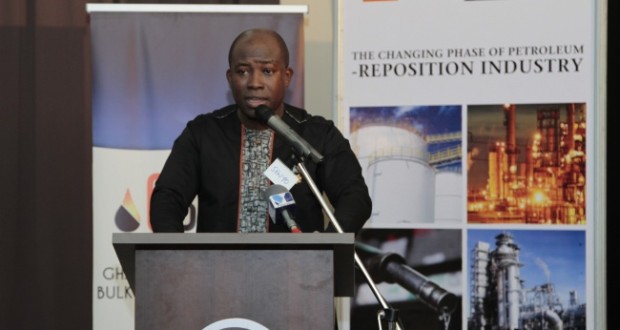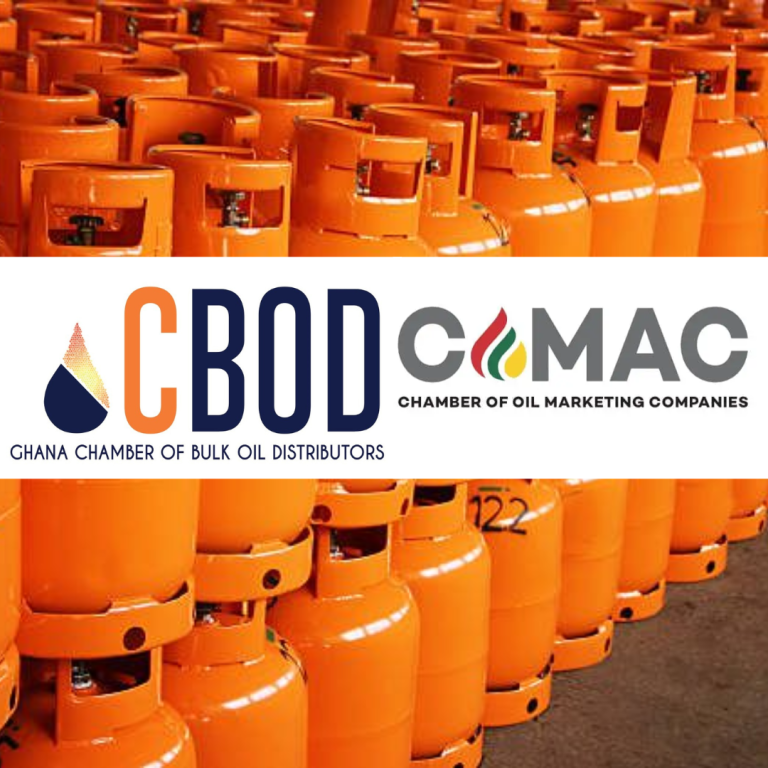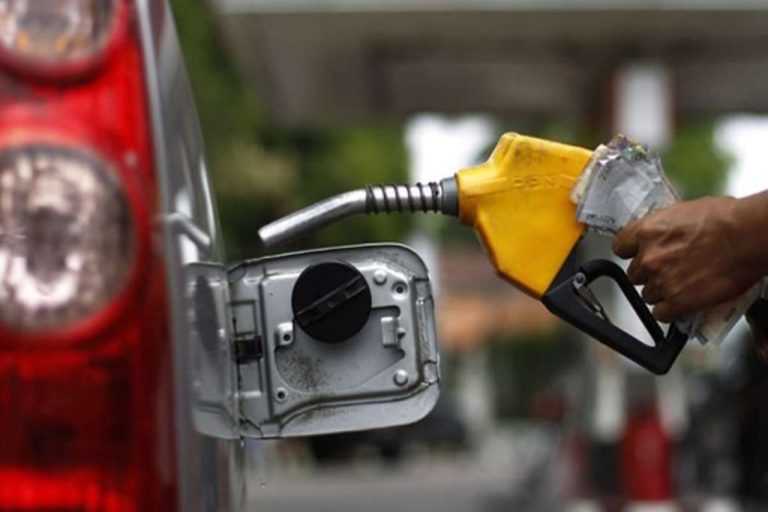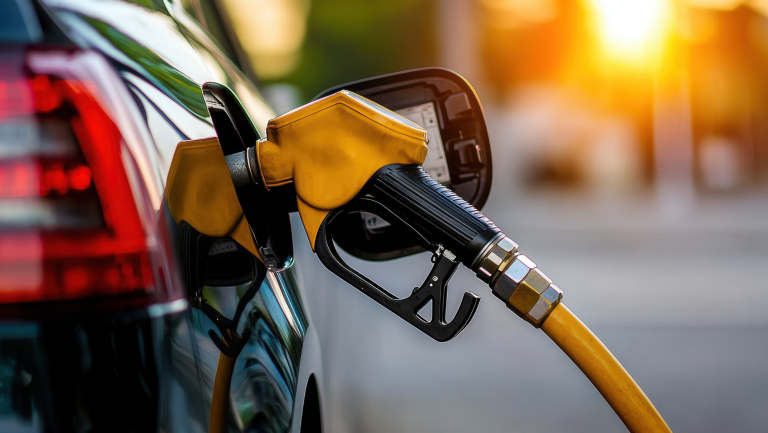There is no justification for an increment in transport fares following the recent increases in petroleum prices, the Chief Executive Officer of the Ghana Chamber of Bulk Oil Distributors (CBOD), Mr Senyo Hosi, has said.
According to him, the current fuel prices were lower than what pertained when the Ghana Private Road Transport Union (GPRTU) and other transport operators last increased transport fares.
The prices of petroleum products dropped to 14 per cent in July 2015 when the deregulation exercise began, following a significant drop in world crude oil prices.
However, the GPRTU and other transport operators did not reduce prices during that period.
There are reports that transport unions are considering the possibility of raising transport fares, following the recent 29 and 27 per cent upward adjustment in the prices of petrol and diesel.
But Mr Hosi, in an interview with the Daily Graphic said: “I am of the opinion that the GPRTU and other transport organisations have no justification for increasing transport fares on the back of the recent increases in petroleum prices.”
The reason, he stated, was because petroleum prices were higher in June 2015 than the latest prices.
Spare parts
Mr Hosi conceded that issues of purchase of spare parts for vehicles might be a reason for calls for increase in transport fares but he held that such arguments could not hold because spare parts were usually imported and their prices were tied to the dollar.
The cedi, he argued, was 4.28 to one dollar on June 22, 2015 and said, “considering the fact that the cedi is now 3.80 to the dollar, it is unjustifiable for any transport union to increase fares.”
Mr Hosi said any group that sought to increase transport fares had to convince the commuter as to why an upward adjustment was necessary.
Taxes
There are conflicting media reports on what has resulted in the increment in petroleum prices in the face of the sharp decline in crude oil prices on the world market.
Parliament is reported to have approved between three and five per cent increases per litre for petrol and diesel, respectively, but it later emerged that inherent taxes contributed to the hike.
Prices went up by 29 per cent and 27 per cent per litre, respectively, for petrol and diesel with effect from January 1, 2016.
Ghanaians have criticised the government for the increases despite the sharp decline in crude oil prices on the world market, but the government has explained that the taxes were imbedded to cushion the economy.
–
Source: Daily Graphic





